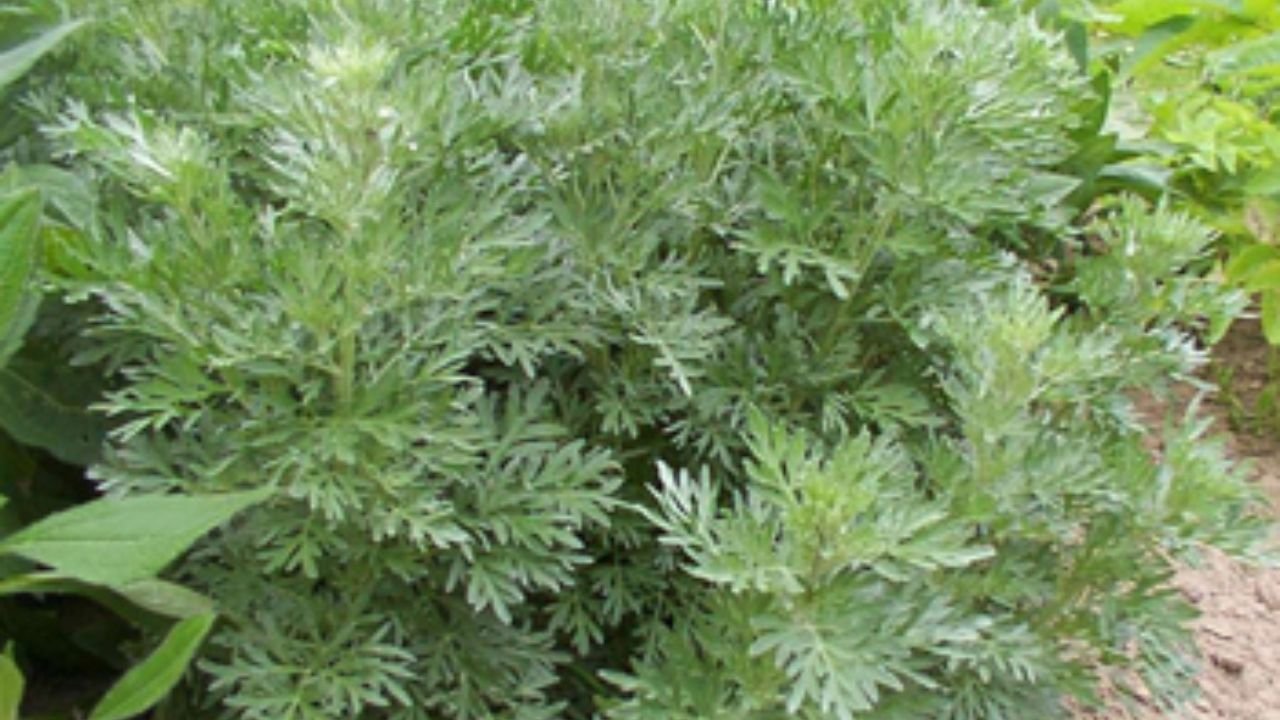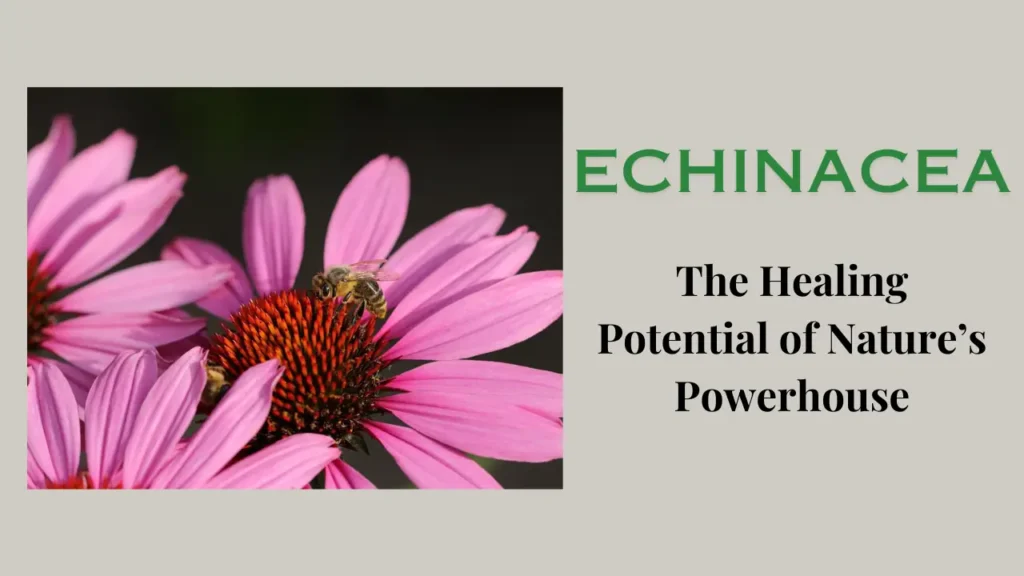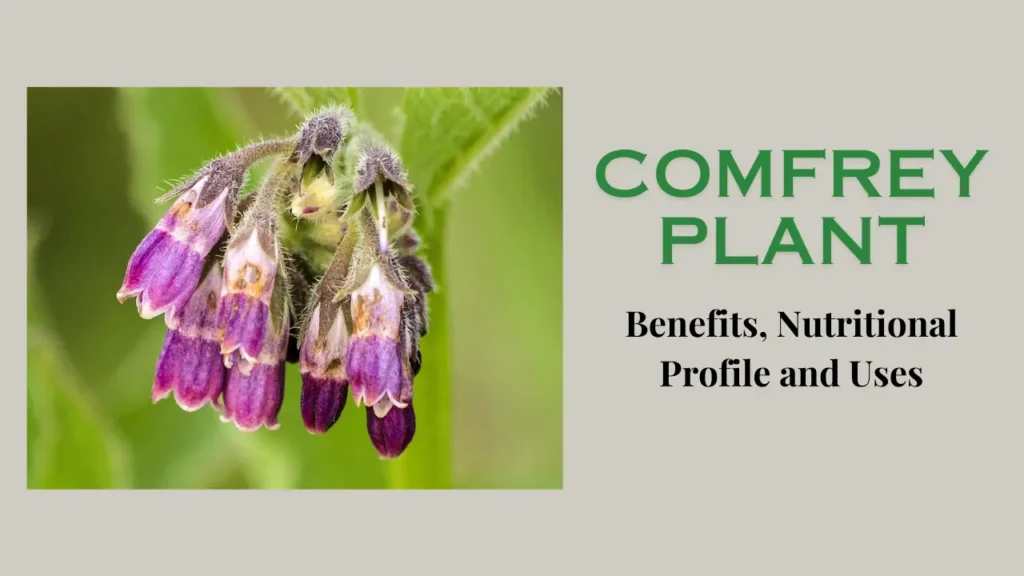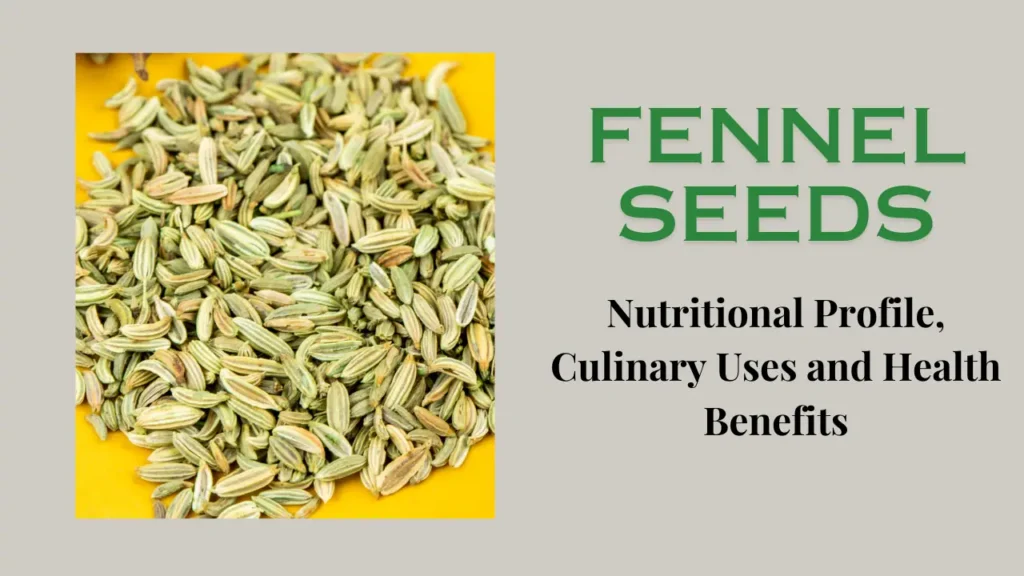The scientific name of common wormwood is Artemisia absinthium. This herb has long been used in traditional medicine and cooking. Despite its name suggesting an association with insects, it is known for its versatile properties, innumerable benefits, and uses. We will learn about it in detail in this article.

Table of Contents
Scientific Name
Artemisia absinthium
Family
Asteraceae
Habit and Natural Habitat
It is a perennial plant and is native to Europe, North Africa, and Western Asia. Which are usually found in dry and barren lands.
Other Common names
Wormwood
Chemical Composition
The medicinal power of wormwood is attributed to its complex chemical structure. Major components include:
- Essential Oils: Thujone, camphor, and cineole are some of the major components that give wormwood its distinctive aroma and flavor.
- Flavonoids: Contribute to anti-inflammatory and immune-boosting effects.
- Sesquiterpene lactones: have anti-parasitic and anti-inflammatory properties.
Plant Parts Used
The leaves and flowering tops, are used for medicinal purposes.
Historical Background of Common Wormwood
- Ancient Civilizations: Common wormwood has been used for thousands of years, with records dating back to the ancient Egyptian, Greek, and Roman civilizations.
- Medieval times: It was mainly worshiped in monastery gardens in the Middle Ages. It was used primarily for its medicinal properties.
- Renaissance Era: It came to prominence during the Renaissance when it was a key ingredient in the infamous alcoholic beverage absinthe.
Properties
Ayurvedic Properties
Wormwood is classified on its taste (Tikta – bitter), potency (Ushna – hot), and post-digestive effect (Katu – pungent). It is believed to balance the Vata and Kapha doshas and aggravate Pitta when used in excess.
Therapeutic properties
It offers many therapeutic benefits including:
- Digestive Health: Its bitter compounds stimulate digestive juices, which aid digestion and also provide relief from bloating and flatulence.
- Anti-parasitic: It is traditionally used to treat intestinal worms and other parasitic infections.
- Anti-inflammatory: The presence of sesquiterpene lactones relieves inflammation, making it beneficial for conditions like arthritis and skin disorders.
- Mild sedative: Has a calming effect on the nervous system so can be used to reduce anxiety and promote relaxation.
Health Benefits of Common Wormwood
Digestive Health
- Stimulates digestion: It helps stimulate the production of digestive juices thereby aiding better digestion.
- Provides relief from indigestion: Its carminative properties can help reduce symptoms of indigestion, bloating, and gas.
Immune system support
- Antioxidant properties: It is rich in antioxidants. Which can help deal with oxidative stress and boost the immune system.
- Anti-inflammatory: Some of the compounds present in it exhibit anti-inflammatory properties, potentially reducing inflammation in the body.
Traditional medical use
- Parasite Cleanse: Traditionally used to expel intestinal parasites and worms.
- Fever reducer: In some cultures, it is also used to reduce fever.
Culinary Uses of Common Wormwood
- Beverages: Wormwood is a key ingredient in absinthe, a powerful alcoholic beverage with a distinctive anise flavor.
- Herbal Tea: It is added to tea to give it a bitter and aromatic taste.
- Culinary herb: It is used sparingly in cooking to add unique flavor to dishes, especially in Mediterranean cuisine.
Practical applications
Natural insect repellent
- Mosquitoes: By burning its leaves it can be used as a natural mosquito repellent.
- Moths: Moths and other insects can be avoided by keeping dried Wormwood in closets and drawers.
Companion planting in gardening
- Pest Control: It has a strong aroma and planting it with other crops can help prevent pests.
- Soil Enrichment: Its deep root system can help aerate and enrich the soil.
Precautions and Side Effects
Common wormwood offers many health benefits and practical applications but caution is necessary when using it:
- Pregnancy and breastfeeding: Use should be avoided during pregnancy and breastfeeding due to potential risks.
- Allergic reactions: Some individuals may experience allergic reactions, including skin irritation and respiratory problems, after using it.
- Drug Interactions: Wormwood may interact with some medications, so be sure to consult a doctor before using any herbal herb.
Conclusion
Common wormwood is known for its rich history and multifaceted benefits. It is used in various forms like medicinal forms, parasite control, cooking, etc. But before using it in any form, please consult a doctor.
Remember, before starting any new wellness regimen, it’s always best to consult with a healthcare professional to ensure it is suitable for your specific needs and circumstances.








